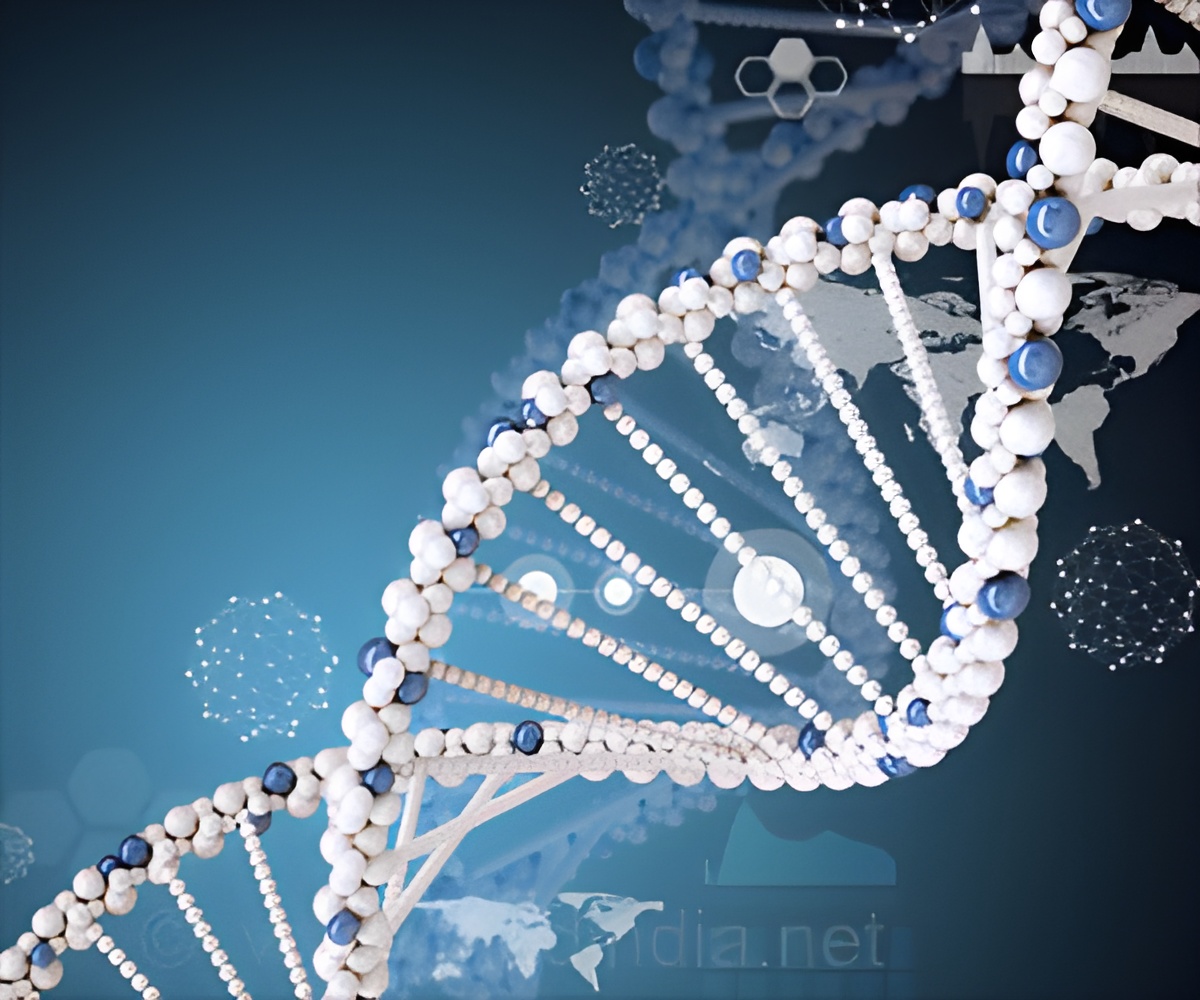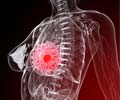BRCA1 and BRCA2 are human genes that produce stem cells and tumor suppressor proteins which help repair damaged DNA.

- BRCA1 and BRCA2 are human genes that produce tumor suppressor proteins which help repair damaged DNA.
- BRCA gene mutations can raise the risk for several cancers, including breast, ovarian, prostate, and pancreatic cancer.
"If we confirm these clinical findings in upcoming studies, giving patients preventative antibiotics or growth factors may be necessary to lower this increased risk of treatment side effects."
According to the National Cancer Institute, more than 246,660 women will be diagnosed with breast cancer and 22,280 women will be diagnosed with ovarian cancer this year. Of these, about 10-15 percent are estimated to be affected by BRCA1 and BRCA2 genetic mutations, Dr. Ross said.
"Our data also illustrate why rare variations in the BRCA1 gene are not always mutations that put women and men at high risk for specific cancers. We and others have learned that most rare spellings of the BRCA1 gene, spellings we call variations of undetermined significance, are not harmful," said Dr. Ross, a member of the Simmons Cancer Center.
Dr. Ross' laboratory investigates how cells transform from normal cells to cancer cells, and how some cancer cells are able to withstand specifically targeted cancer drugs. Among her main avenues of research is the BRCA1 gene, which - when abnormal - predisposes women to breast and ovarian cancer.
- Theodora Ross et al., Researchers discover BRCA1 gene is key for blood forming stem cells, Cell Reports (2017).
Source-Medindia















